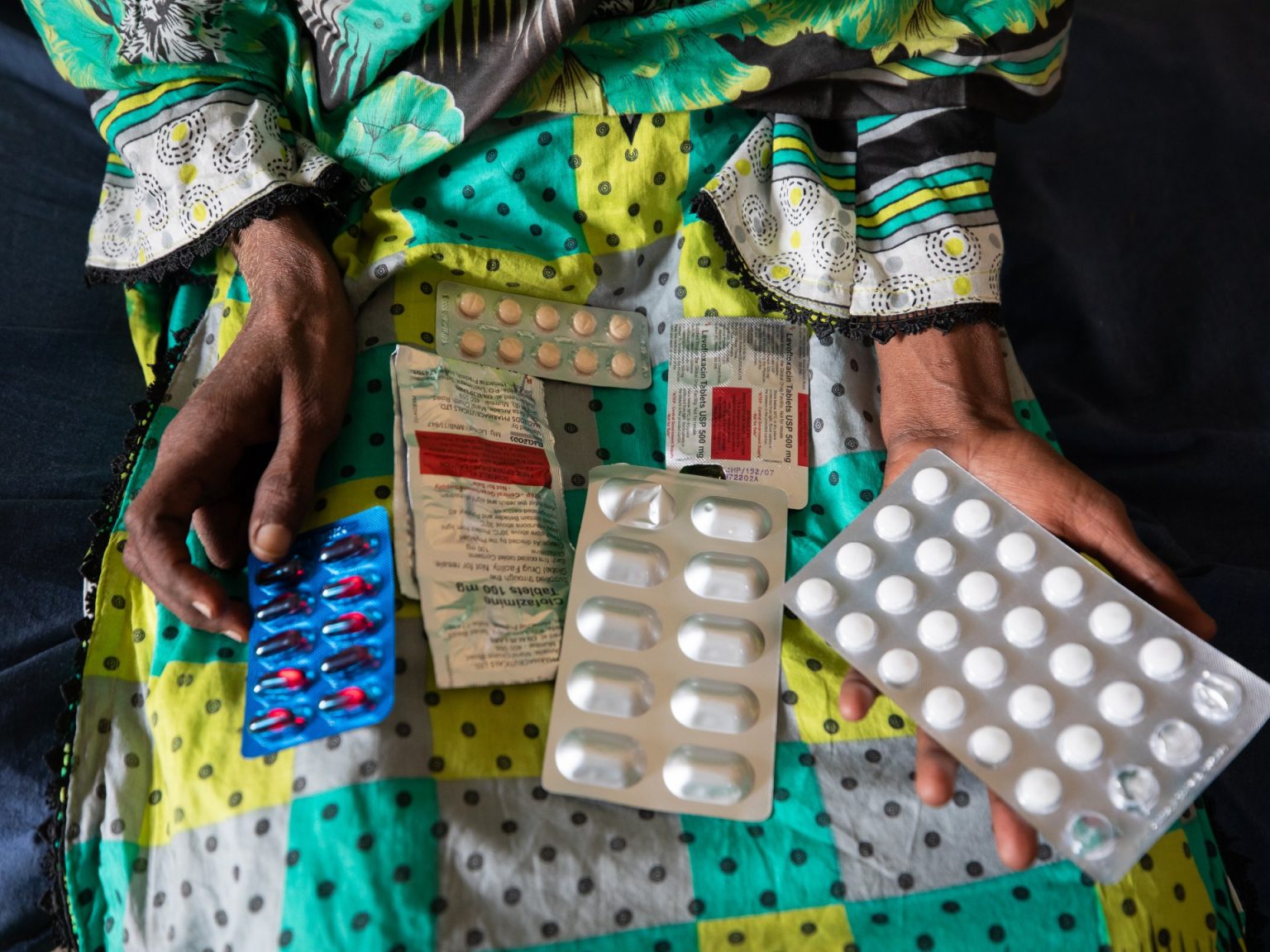Antimicrobial resistance (AMR) is a growing global health concern, as some of the most effective antibiotics are becoming less effective against “superbugs”. The World Health Organization (WHO) warns that AMR leads to sicker individuals, increased infections, and threatens the progress made in medical advancements over the past century. AMR contributes to millions of deaths annually and poses a significant challenge for low- and middle-income countries. New solutions are urgently needed to address this problem.
Dr. Sylvia Omulo, a doctor of epidemiology with a PhD in immunology and infectious diseases, focuses on studying the links between humans, animals, and the microbes that inhabit their bodies. She refers to these microbes as colonisers, which are harmless and provide insight into the complex ecosystems within humans and animals. By studying these microbes, Omulo has identified genes related to AMR, factors influencing susceptibility to resistant microbes, and how these traits spread within communities and hospitals. She looks at environmental and behavioral factors crucial to understanding AMR.
Omulo’s research begins in the community settings of Nairobi’s Kibera shanty town and farms near Lake Victoria. She examines the environmental transmission factors contributing to AMR in these areas, focusing on sanitation, antibiotic use, and contact with healthcare facilities. Her findings indicate a direct relationship between poor sanitation conditions and the transmission of resistant bacteria in the environment. Contextual dynamics such as living conditions, water sources, and antibiotic availability impact the spread of resistant bugs in these communities.
In Kibera, where living conditions are overcrowded, unsanitary, and lacking proper infrastructure, Omulo studies the impact of environmental factors on AMR transmission. High population density, inadequate sanitation, and close proximity among residents contribute to the spread of resistant bugs. The availability of cheap antibiotics and the presence of resistant microbes in the environment highlight the complex interplay between human behaviors, living conditions, and the development of AMR.
Omulo’s research in both urban and rural settings has revealed significant findings related to AMR transmission. Factors such as poultry keeping, visits to healthcare facilities, and environmental conditions influence the prevalence of resistant bacteria among individuals. By tracking samples and conducting detailed studies on colonisation and its impact on health outcomes, Omulo aims to understand the mechanisms driving AMR in community settings. Differentiating between colonisers and infections helps in identifying risk factors, protective measures, and potential interventions to combat AMR effectively.
As a prominent figure in the global fight against AMR, Omulo’s research contributes valuable insights into the understanding of AMR beyond hospital settings. Her collaborative efforts with international organizations like the WHO shed light on the diverse factors influencing AMR transmission and dissemination. By emphasizing the importance of studying community contexts, Omulo underscores the need for comprehensive approaches to address the complex nature of AMR. Through continued research and partnerships, she aims to advance the knowledge on AMR and develop effective strategies to combat this urgent global threat.













